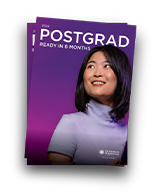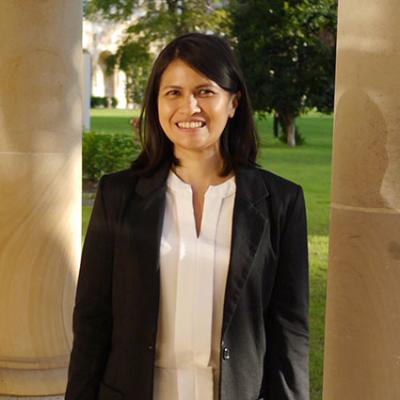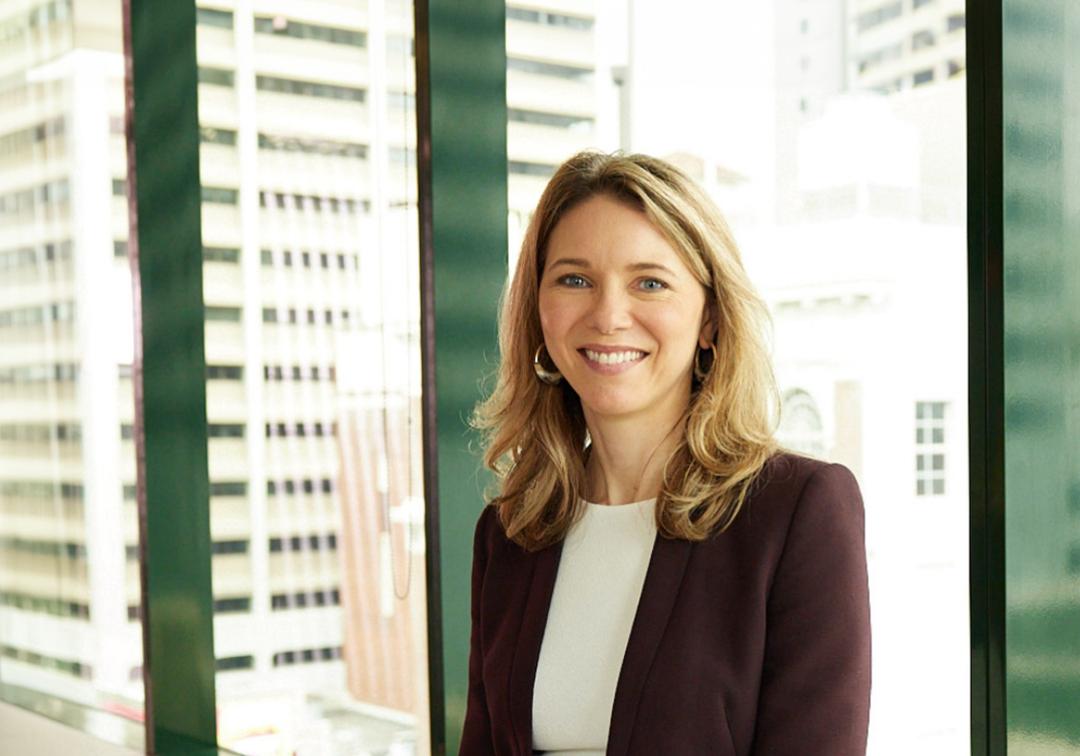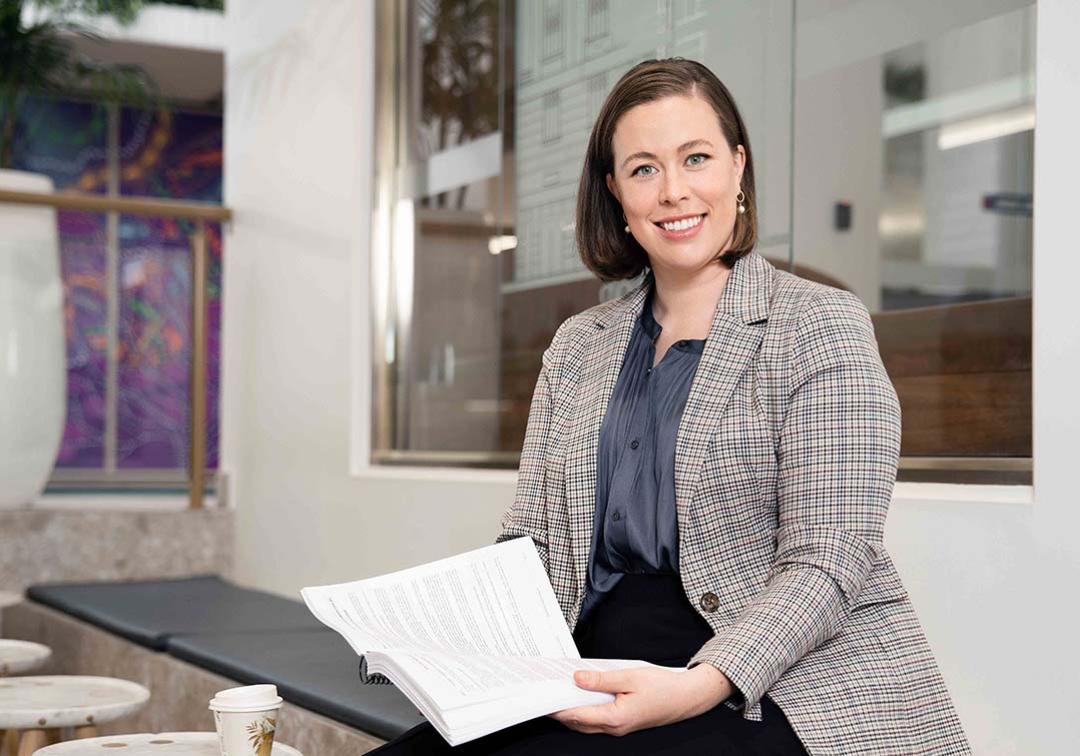
Master of Communication
Overview
Graduate with highly valued communication skills, ready for career success in a range of communication industries in Australia and overseas.
This postgraduate program, designed for communication graduates and professionals, will help you develop highly valuable communication skills and set yourself up for career success in a range of communication industries.
You can choose one of two fields of study – Communication for Social Change or Strategic Communication.
UQ is the only Australian university to offer study in the emerging field of Communication for Social Change. This field explores the different ways in which communication can be leveraged to bring about change in attitudes, behaviour and knowledge in individuals, organisations and communities. If you already have experience in these areas, the program will make you even more competitive as it complements and capitalises on studies and experience in other disciplines.
Strategic Communication develops your understanding and skill-set in professional communication practice and public relations, including campaign development, digital media strategy, and issues and crisis management. Graduates with a specialisation in Strategic Communication are well-equipped for diverse roles in public relations and marketing communication consultancies, not-for-profit organisations and government bodies, including organisational communication, crisis management, government relations, social media management and political campaigning roles.
Program highlights
- Choose to specialise in Communication for Social Change or Strategic Communication.
- Access outstanding research, practical experiences and career opportunities.
- Undertake a combination of advanced level coursework and research.
- Complete a research project or a thesis on the topic of your choice.
Fields of study
Tailor your studies to suit your goals. This program offers these options:
- Communication for Social Change
- Strategic Communication
How you'll learn
Your learning experiences are designed to best suit the learning outcomes of the courses you choose.
- Lectures
- Tutorials
- Overseas study
- Research experience
- Workshops
Placements and work experience
What you'll study
At UQ, degrees are called 'programs' and subjects are called 'courses'. Here's a sample of the courses you could study in this program:
- Communication Theory
- Strategic Communication
- Communication for Social Change: Foundations
- PR and Professional Practice: Foundations
Career possibilities
Postgraduate study can take you anywhere. Depending on which field you choose, here are some of the careers you could be on your way to:
- International aid officer
- Community development manager
- Health promotion manager
- Corporate change consultant
- Public relations and social media manager
- Public relations manager
- Marketing strategist
- Political campaign manager
Events
See all events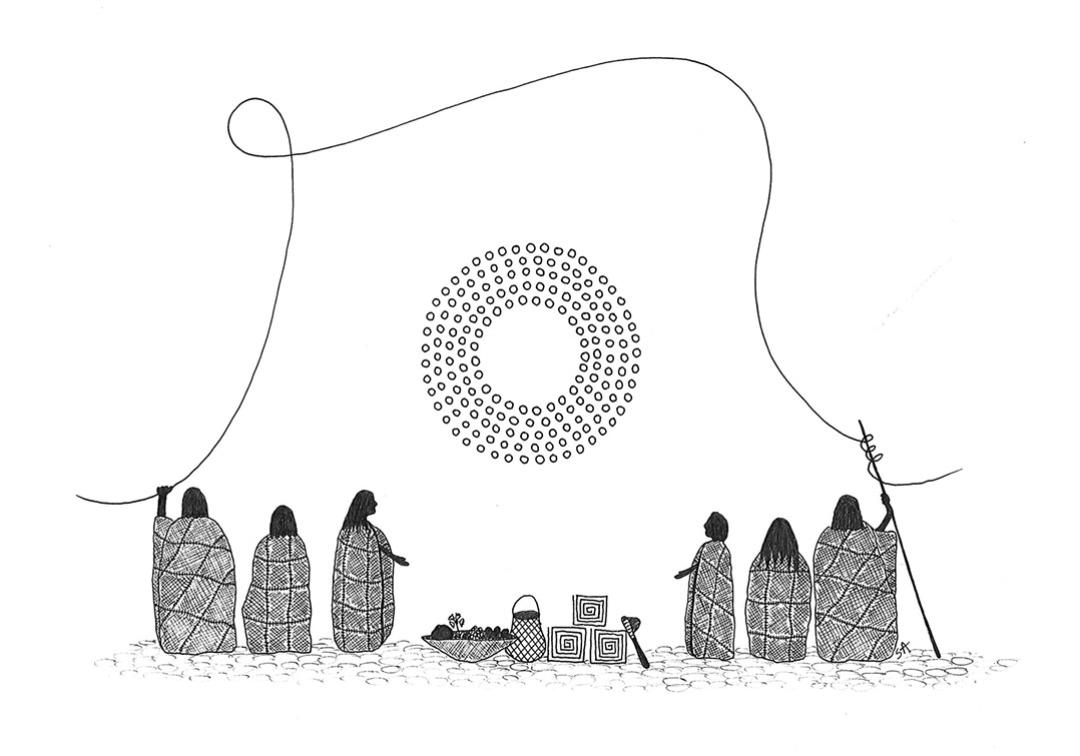
23 June
National Indigenous Business Summer School in Winter
Stories
See all stories
Careers
MBA capstone projects: your fast track to industry experience
Stories
See all stories
Careers
MBA capstone projects: your fast track to industry experience
Entry requirements
Entry requirements
It's possible to complete this degree in 2 years or 1.5 years depending on your qualifications and experience.
You can apply for any duration as long as you meet the entry requirements. You may also be eligible to apply for credit or exemptions to shorten your degree further. You'll graduate with the same qualification no matter how long you take to complete the degree.
2-year degree (32 units of study)
To be eligible to complete the degree in 2 years full-time (or part-time equivalent)full-time (only available as full-time study), you'll need:
- a bachelor's degree (or equivalent) in any discipline.
You must have a grade point average (GPA) of at least 5.0 on a 7-point scale in your previous qualification.
1.5-year degree (24 units of study)
If you have relevant prior learning or experience, you can reduce the number of courses you need to complete and graduate in less time.
To be eligible to complete the degree in 1.5 years full-time (or part-time equivalent)full-time (only available as full-time study), you'll need:
- a bachelor's degree (or equivalent) in a relevant discipline (see below), or
- a graduate certificate* in a relevant discipline, or
- a bachelor's degree (or equivalent) in any discipline, plus 2 years full-time equivalent relevant work experience (see below).
You must have a grade point average (GPA) of 5.0 on a 7-point scale in your previous qualification.
*Please note if a graduate certificate is used as the basis of entry into the program and you do not have a degree in a relevant discipline, you will not be eligible for credit towards the Masters program.
Relevant disciplines for previous qualifications
Relevant disciplines include:
- communication, journalism, public relations, mass media, media studies, film and television, writing, advertising, marketing, business management, event management, psychology, sociology, international relations, peace and conflict studies, community development, rural development, social work, speech pathology, linguistics, criminology, educational studies, anthropology, political science, digital studies, information technology.
You must have completed at least a major, field of study, or approximately 30% of program content including a mix of introductory and advanced courses.
Relevant work experience
Relevant work experience, which should be supported with evidence (see below), includes work:
- in communication, public relations, marketing, advertising or community development roles, or
- as a journalist/reporter/media producer or researcher in communication related fields, or
- in any other profession in which a portfolio was built up demonstrating communication expertise.
Evidence of relevant work experience should include a letter from your employer (and/or previous employers) stating the following:
- That you work (or worked) within the specified organisation
- The length that you were there (i.e. 3 years)
- The level at which you worked (full-time, part-time* or casual*)
*if you worked part-time or casual, please list the average amount of hours worked per week
Related programs
Depending on your previous qualifications and current goals, you might want to consider
one of these related programs:
English language requirements
IELTS overall 6.5; reading 6; writing 6; speaking 6; listening 6. For other English Language Proficiency Tests and Scores approved for UQ
TOEFL iBT (including Paper Edition) - Overall 87, listening 19, reading 19, writing 21 and speaking 19.
PTE Academic - Overall Score of 64 and 60 in all sub bands.
BE - A minimum overall grade of 4 plus a minimum grade of C in all macro skills.
CES - Overall 176 and 169 in all sub bands.
OET is not accepted.
There are other ways to meet the English language requirements. For some programs, additional conditions apply.
Student visas
International students who are accepted into full-time study in the Master of Communication are eligible to apply for an Australian student visa (subclass 500).
There are a number of requirements you must satisfy before a visa is granted, including the Genuine Student (GS) requirement.
Fields of study
Fields of study
Tailor your studies to suit your goals. This program offers these options:
This field of study provides an in-depth understanding of communication for social change theory and practice. You'll explore the different ways in which communication can be leveraged to bring about change in attitudes, behaviour and knowledge in individuals and communities. You'll analyse the ways participation can make a difference in the planning, implementation and evaluation of development processes, the key role played by culture in social change, and contemporary uses of community media and information and communications technologies in the facilitation of change. Importantly, you'll strengthen critical skills, develop capacities for work in the state, inter-governmental and NGO sectors, and build research excellence.
You'll also learn the skills required to plan and implement a professional public relations campaign (including goal-setting, budgeting and evaluation), the skills of audience and public opinion analysis, a range of communication theories, and an understanding of how globalisation and the emerging information economy impacts public relations practices.
Fields of study
Tailor your studies to suit your goals. This program offers these options:
This field of study provides an in-depth understanding of communication for social change theory and practice. You'll explore the different ways in which communication can be leveraged to bring about change in attitudes, behaviour and knowledge in individuals and communities. You'll analyse the ways participation can make a difference in the planning, implementation and evaluation of development processes, the key role played by culture in social change, and contemporary uses of community media and information and communications technologies in the facilitation of change. Importantly, you'll strengthen critical skills, develop capacities for work in the state, inter-governmental and NGO sectors, and build research excellence.
You'll also learn the skills required to plan and implement a professional public relations campaign (including goal-setting, budgeting and evaluation), the skills of audience and public opinion analysis, a range of communication theories, and an understanding of how globalisation and the emerging information economy impacts public relations practices.
Fees and Scholarships
Indicative annual fee
Approximate yearly cost of tuition (16 units). Your fees will vary according to your study load. Fees are reviewed each year and may increase.
$31,040
2024
$31,040
2024
Approximate yearly cost of full-time tuition (16 units). Your fees will vary according to your study load. Fees are reviewed each year and may increase.
AUD $41,120
2024
AUD $41,120
2024
Government assistance
Financial aid
As an international student, you might be eligible for financial aid – either from your home country, or from the Australian Government.
FEE-HELP
Domestic students who are accepted into the Master of Communication pay tuition fees.
FEE-HELP is an Australian Government loan scheme to assist eligible students with the cost of their tuition fees.
Centrelink support
The Australian Government offers a number of income-support payments to eligible Australian university students.
Scholarships
You may be eligible for more than 100 scholarships, including:
How to apply
Applying online
All international applications should be submitted to UQ. If you prefer, you can use an approved UQ agent in your country.
The program code for the Master of Communication is 5651.
This program is available in multiple durations. You can apply for any duration as long as you meet the entry requirements.
When you apply, select your preferred duration. If you don't meet the requirements for your first preference, we'll automatically consider you for entry into a longer duration.
Find out more about applying for postgraduate coursework study
Applying online
All domestic applications should be submitted to UQ.
The program code for the Master of Communication is 5651.
This program is available in multiple durations. You can apply for any duration as long as you meet the entry requirements.
When you apply, select your preferred duration. You can also ask us to consider you for a longer duration if you don't meet the entry requirements for your first preference.
Find out more about applying for postgraduate coursework study
Important dates
The closing date for this program is:
- To commence study in semester 2 - May 31 of the year of commencement.
- To commence study in semester 1 - November 30 of the previous year.
To learn more about UQ dates, including semester start dates, view the Academic Calendar.
Important dates
The closing date for this program is:
- To commence study in Semester 1 - January 31 of the year of commencement.
- To commence study in Semester 2 - June 30 of the year of commencement.
To learn more about UQ dates, including semester start dates, view the Academic Calendar.
Aboriginal and Torres Strait Islander applicants
For support with applying – or if you have any questions about university life – get in touch with our Aboriginal and Torres Strait Islander Studies Unit.
Explore other programs
Express yourself. And your interest.
They say choosing a degree is hard, which is why we've made it easy. Register your interest and we'll send you everything you need to know about applying to UQ.

